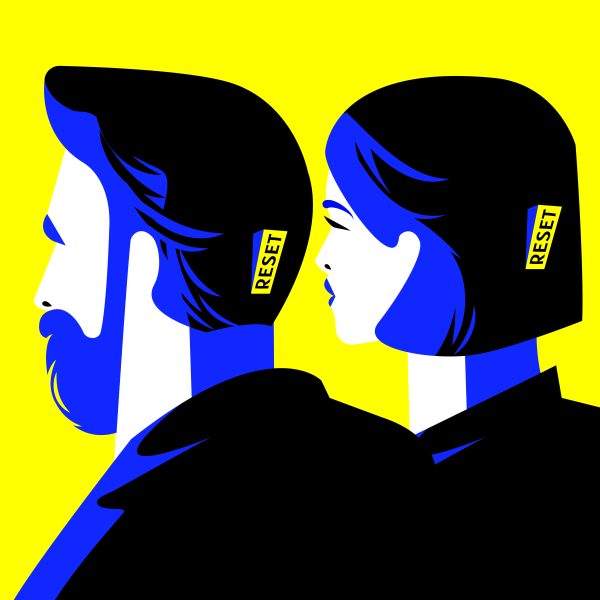Article by TWGE Redaktion
5 Interesting Facts about the Symbol “Egg” – Discover its Meanings and History
The egg has been found everywhere for thousands of years: whether in art and literature, religion, or in various cultures, the egg has a long iconography. But what makes the egg such a powerful and versatile symbol?
Let’s take a look at 5 facts about why the egg is so significant in so many different contexts.

Fertility
The egg is often considered a symbol of fertility, as it carries the potential for new life within it. But did you know these three facts already?
→ For centuries, eggs have been regarded as an aphrodisiac and fertility enhancer in different cultures. It is believed that consuming eggs increases sexual potency and improves reproductive ability.
→ In many cultures, eggs have been used in fertility rituals. For example, in ancient Rome, eggs were thrown or given as gifts during fertility festivals to promote fertility and prosperity.
→ The egg is also considered a symbol of female fertility since it is laid by female animals. In many cultures, the egg is a symbol of women’s fertility and a sign of fertility.
Rebirth
The egg is also a symbol of creation, rebirth, and new beginnings in many cultures and religions. This is because the egg is seen as an object that brings forth new life when it hatches.
In ancient Persia, eggs were eaten during the spring festival of Nowruz as a sign of rebirth and new beginnings. In ancient Egypt, eggs were placed in tombs as a symbol of rebirth in the afterlife.
In summary, the egg starts a life cycle that marks a new beginning. It is a metaphor for hope in renewal and growth.
Easter
The egg has an important significance in Christianity during the Easter celebration. It symbolizes the resurrection of Jesus Christ and the new life that is associated with this event. Traditionally, eggs were avoided during the fasting period before Easter, and then reintroduced as a special food on Easter Sunday to celebrate the resurrection.
There are various interpretations of how the egg became a symbol for the resurrection. One possibility is that the egg served as a symbol for the tomb of Jesus, from which he rose. Just as the egg contains life within it, the tomb also contains the potential for new life. Another interpretation is that the egg is considered a symbol for the world and the new life that emerges in it.
Overall, the egg during Easter represents new life and hope. It is an important symbol for the meaning of this holiday in the Christian faith and is used in many traditions and customs surrounding Easter.
Vitality
The egg has an important symbolic meaning in many cultures and traditions related to life force. The egg is a symbol of life itself, as it holds the potential for new life within it. The round shape of the egg symbolizes completeness and unity, while the hard shell protects and preserves life.
In natural medicine and healthcare, the egg is often seen as a source of vitality. It contains important nutrients such as protein, vitamins, and minerals that are essential for maintaining and regenerating the body.
Overall, the egg is considered a life-giving force and symbolizes the vitality, growth, and energy necessary to bring forth new life.
We also strive to create something new.
Harmony
The egg also symbolizes harmony and balance. This is because the egg is considered a perfect and complete form that contains unity within itself. The round, enclosed shape of the egg also symbolizes completeness and wholeness.
In traditional Chinese medicine, eggs are considered a food that balances and harmonizes the Yin and Yang in the body. Yin and Yang represent the two opposing forces in this doctrine that must be in balance in the body to ensure health and well-being.
In art and literature, the egg is sometimes used as a symbol for the balance between opposites. The eggshell represents the delicate balance between different forces or ideas that must be harmonized with each other.
Although the egg has different meanings in various cultures and religions, in all cases it is a powerful symbol of life, fertility, and renewal.
Supported by beloved ChatGPT.













